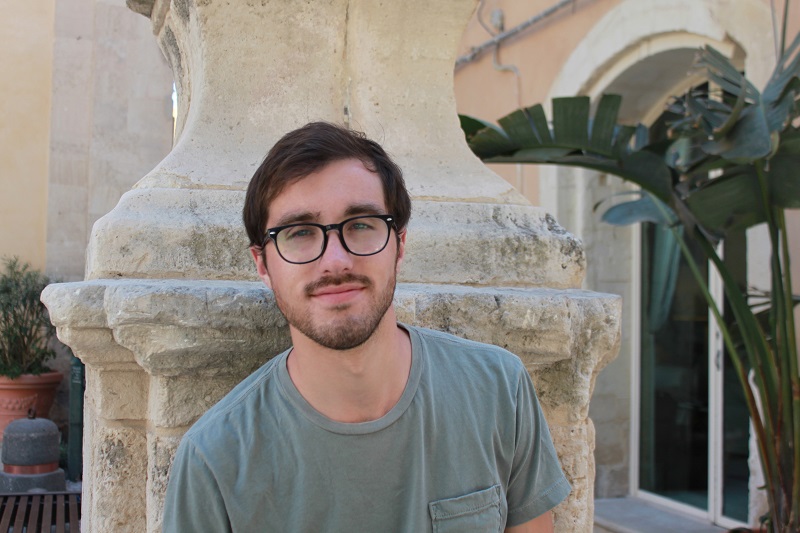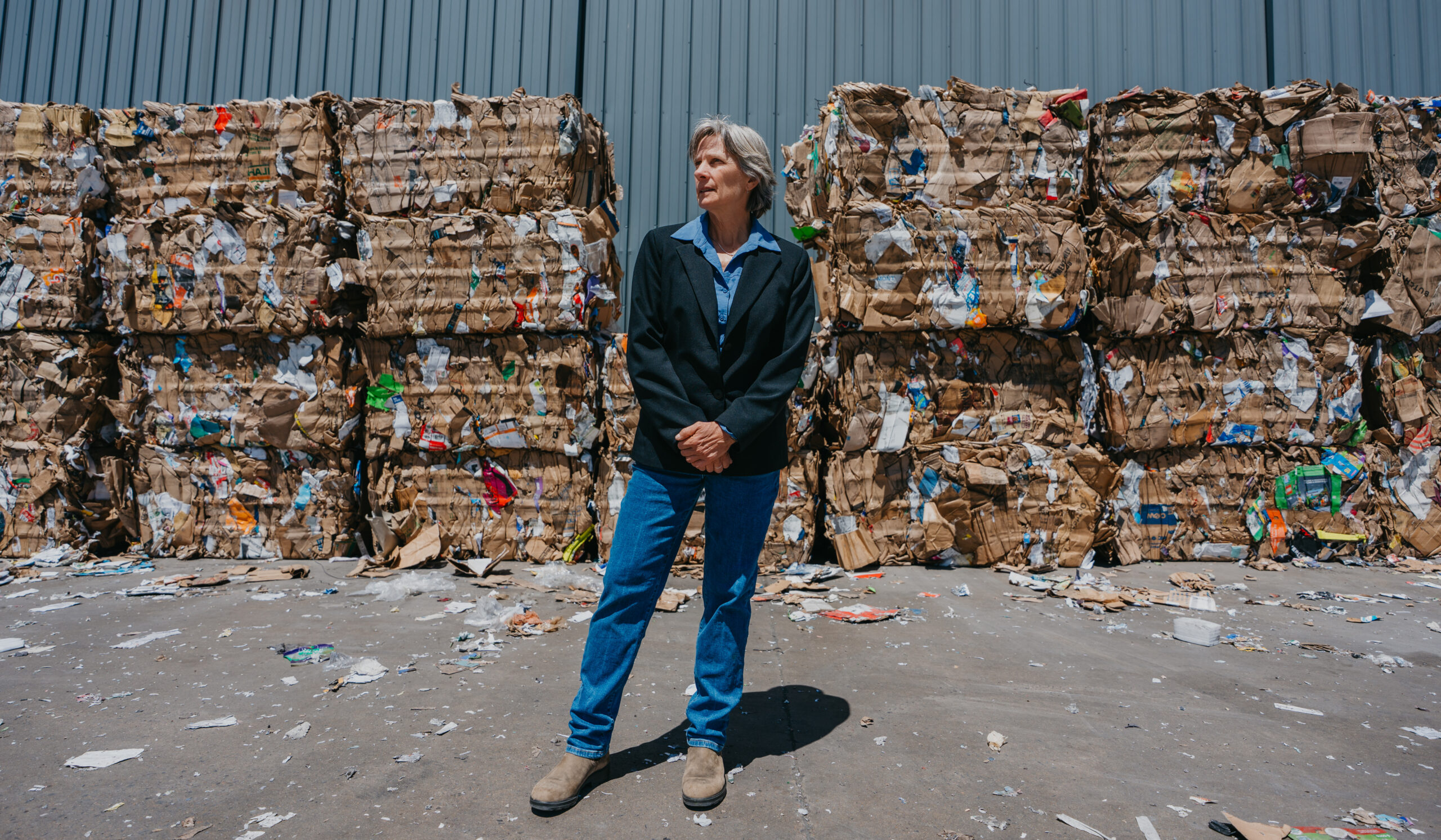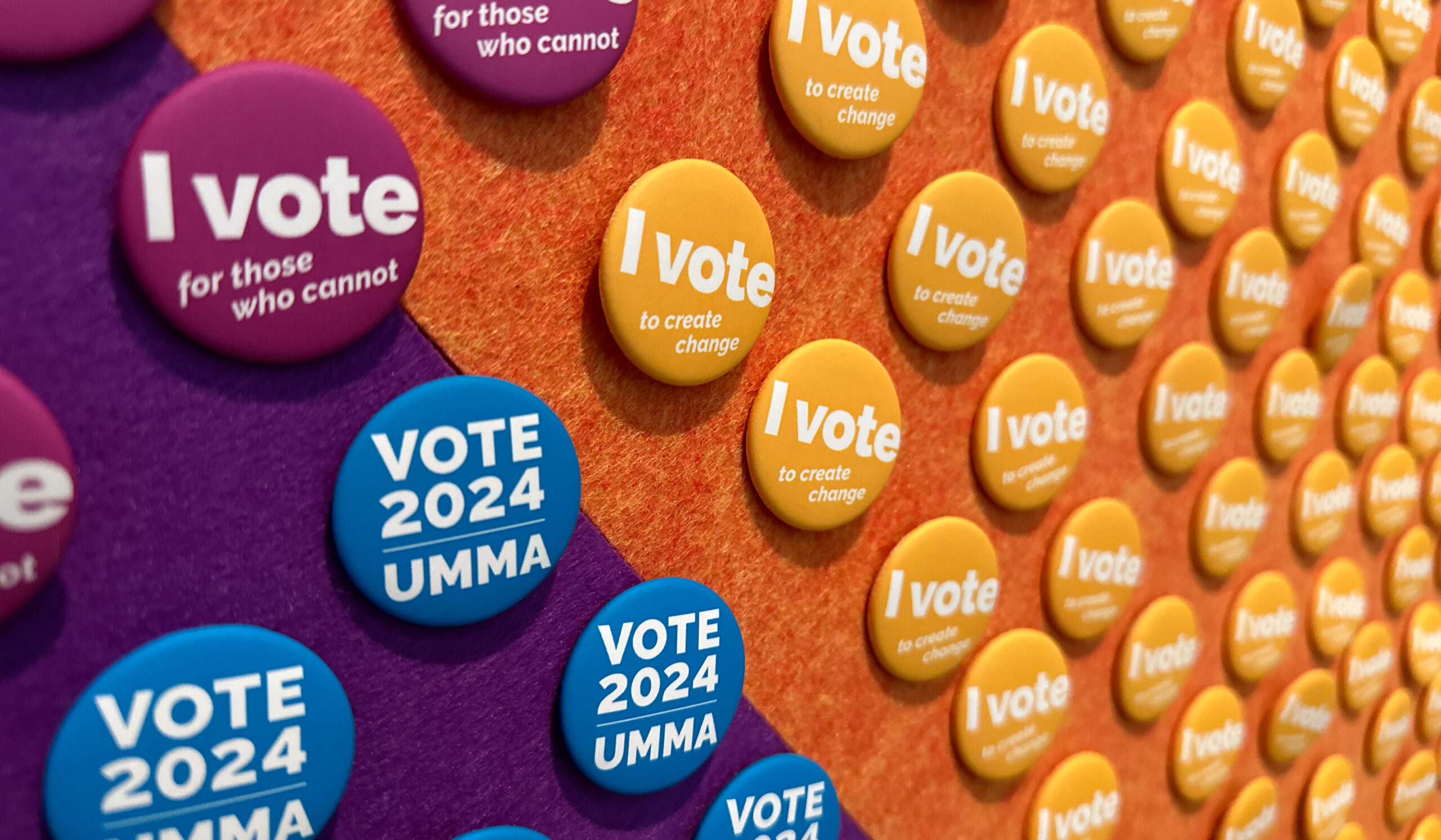Even though he’s one of the youngest diplomats in the U.S. Foreign Service, Jack Dart, ’09, has had his fair share of experiences. Currently serving in China, he’s also been a political officer in Argentina. Read our Q&A to learn more about the highs and lows of serving as a diplomat, including the benefits of dressing as a giant panda.
Is it important to have a clear career direction when you start college?
I think it’s important when you start college to have a rough idea of the career or careers you want to pursue so that you can examine and probe that idea and then, if you’re like me, change it entirely. As a freshman, I intended to study medicine and become a doctor. One tough physics lab and an eye-opening trip to Europe later, I decided medicine wasn’t right for me. By my senior year, I had been through the BBA program and eventually decided to pursue diplomacy.
As a diplomat, do you always have to be diplomatic or can you show your fun side too?
As career diplomats, we’re always “on.” We are always representing the United States, even when we’re not actually at work. That said, we aren’t paid to be robots, and diplomacy is very much personality-driven. It revolves around psychology. So showing a fun side is very important for what we do. I used to play soccer with Argentine diplomats to develop relationships. On Halloween in Beijing, I dressed up as a giant panda to make interviews with Chinese visa applicants more fun. My colleagues in South Korea sing karaoke with their diplomatic counterparts. I continued to ride a skateboard to work at the embassy after becoming a diplomat, so it doesn’t have to be stuffy. Many of the diplomats I admire have a great sense of humor.
What do you miss most about the U.S. while living in China?
Open space. Most of China’s 1.3 billion people live in the coastal regions, and you get used to having throngs of people around you all the time. I miss the wide open parks in places like Ann Arbor, the relaxed Midwestern pace of life, and the comforts of living with personal space.
Has there been a moment in your career so far where you thought, “Wow, my job is awesome?”
There have been many of those moments, fortunately. That’s part of why I love this job—we get to do some very cool stuff. I still can’t believe I used to meet one-on-one with Pope Francis, when he was archbishop of Buenos Aires, and hear from him about his favorite places in Rome. (I had no idea he’d be moving there shortly afterward!) Hanging out with Michelle Obama’s mom, the “First Grandma,” on the Great Wall of China was lots of fun. Exploring the old Silk Road in China’s Far West, talking about climate change with Al Gore, snapping a photo with Joe Biden (to be fair, I was only holding a door for him)—those were moments I won’t soon forget.
Has there been a moment in your career so far where you thought, “Wow, my job is horrible?”
Definitely. Some people imagine that diplomats live a sort of James Bond-esque lifestyle, but it’s not all glamorous. There’s drudgery and a ton of bureaucracy. Being “diplomatic” can get exhausting. Late nights preparing for visiting U.S. delegations, endless hours of visa interviews, helping track down lost passports—there’s a fair share of tough work.
What is the biggest challenge you foresee in moving every few years to a new country as a U.S. Foreign Service officer?
There are personal and professional challenges. Personally, it can be tough on families, kids, and even on single adults seeking friends or to start a family. Moving every few years is a big interruption. And professionally, you’re never going to be an expert in your job. As soon as you start to understand what’s going on in a place, it’s time to move to your next post. That said, you do develop a breadth of knowledge about the world, even if you’re never the smartest person in the room.
What country is on your wish list of diplomatic postings?
Cuba—for pretty obvious reasons. We’re living through a historic moment in U.S. foreign policy, and few diplomats have such a unique opportunity to open an embassy and to help shape a bilateral relationship.
What class at U-M, in retrospect, shaped your career the most?
I took a class my senior year called “Law and Social Change.” Both the class and our professor, Richard Bernstein, inspired me to pursue a career in public service. Richard Bernstein is a truly remarkable individual—a blind lawyer who has dedicated his life to advocating for social justice and is now a justice on the Michigan Supreme Court. If he returns to teach at the University, I encourage anyone interested in social justice to take his class.
Where is the weirdest place you have met a fellow Michigan graduate?
I’ve met University of Michigan grads all over the world, but I was most surprised when I bumped into legendary football running back Mike Hart in Beijing. Mike Hart was one of the biggest celebrities on campus when I was at school, and I hardly expected to meet him again in China of all places. In fact, he was conducting some sports diplomacy in his free time, traveling around China teaching kids about American football. Seeing how he was helping to build ties and understanding between our countries made me proud to be a Wolverine.
What is your advice to current students who might want an international career?
International careers are based on the exchange of ideas, information, and viewpoints. What’s most important, therefore, is the ability communicate effectively and succinctly, to summarize information for a diverse audience, and to do so in different languages and mediums. I’d encourage students to take classes that hone writing and speaking skills, because that’s what is valued in the international workplace. As diplomats, we are communicators—that’s the foundation of what we do. My first boss told me to read George Orwell’s “Politics of the English Language” as a first assignment, and I think there’s an important message there. My other advice would be to always remain adventurous, open-minded, and curious about the world.





